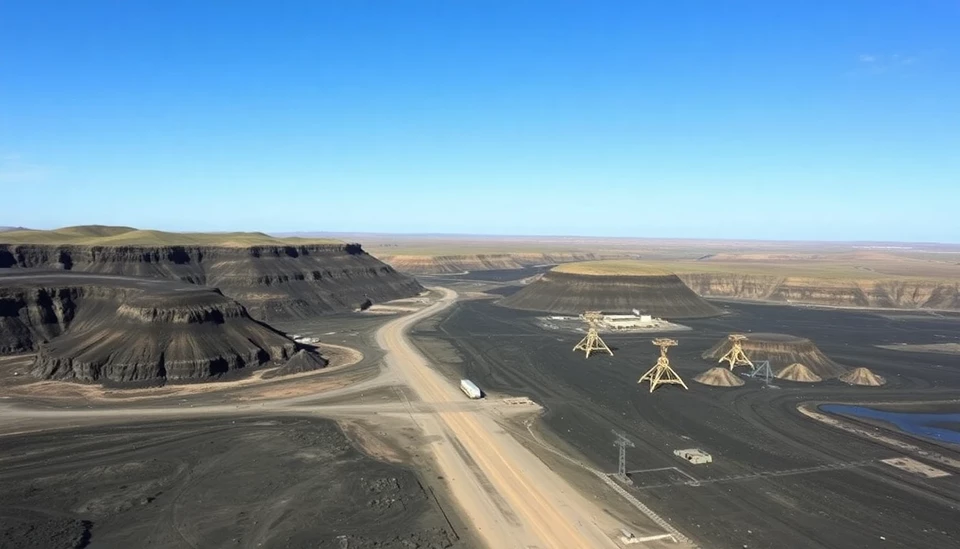
In a remarkable development, the latest reports indicate that the United States has experienced a notable decrease in greenhouse gas emissions, defying expectations of increased pollution typically associated with economic growth. As the nation continues to recover from recent economic challenges, a significant shift in environmental policy and technology advancements has paved the way for this positive trend.
Data released by the Environmental Protection Agency (EPA) reveals that U.S. greenhouse gas emissions fell by approximately 3% in the past year, marking one of the largest annual drops in a decade. This decline comes despite a robust economic growth rate of nearly 4%, demonstrating that it is possible to achieve financial progress without exacerbating environmental damage.
The factors contributing to this reduction include a growing emphasis on renewable energy sources, such as solar and wind power, which are increasingly replacing traditional fossil fuel-based energy. In recent years, the Biden administration has imposed stricter regulations aimed at curbing emissions, alongside significant investments in clean energy technology, which have collectively fostered a greener economy.
Another crucial element to this success is the accelerating transition of the automotive industry toward electric vehicles (EVs). Sales of EVs have surged, contributing to the reduction in emissions from the transportation sector, historically one of the largest sources of greenhouse gases in the U.S.
Environmental experts are optimistic about the potential for further reductions in emissions. They cite the critical role of technological innovations and sustainable practices embraced by a growing number of corporations. Many businesses are now adopting net-zero carbon goals, reflecting a broader cultural shift towards sustainability among American consumers who increasingly prefer products from environmentally conscious companies.
Despite this encouraging trend, some environmental advocates express caution. They urge that sustained efforts will be necessary to ensure long-term reductions and combat the looming threat of climate change. The climate crisis remains a vital issue, prompting calls for more aggressive policies and actions from both government and industry to continue fostering the advances made so far.
As the U.S. embarks on a journey of balancing economic growth with environmental responsibility, the implications of these reductions in greenhouse gas emissions could resonate globally. The trend serves as a noteworthy case study for other nations striving to address their climate goals in tandem with economic development.
Looking ahead, the challenge remains to implement policies and practices that can maintain this downward trajectory in emissions while nurturing further economic prosperity, a balance that is essential for a sustainable future.
#GreenhouseGas #ClimateChange #SustainableGrowth #RenewableEnergy #ElectricVehicles #EnvironmentalPolicy #ClimateCrisis #CleanEnergy
Author: Peter Collins




